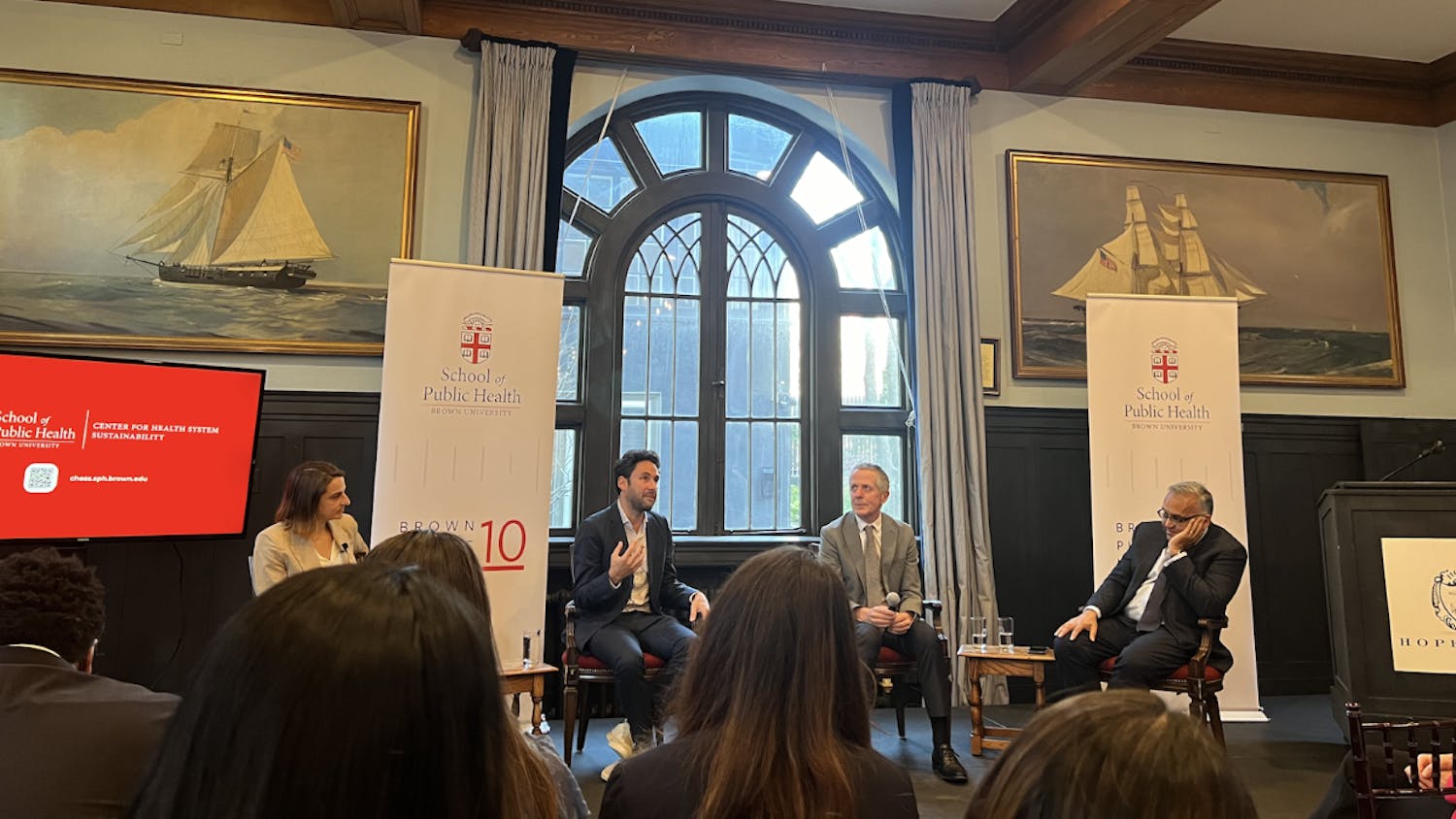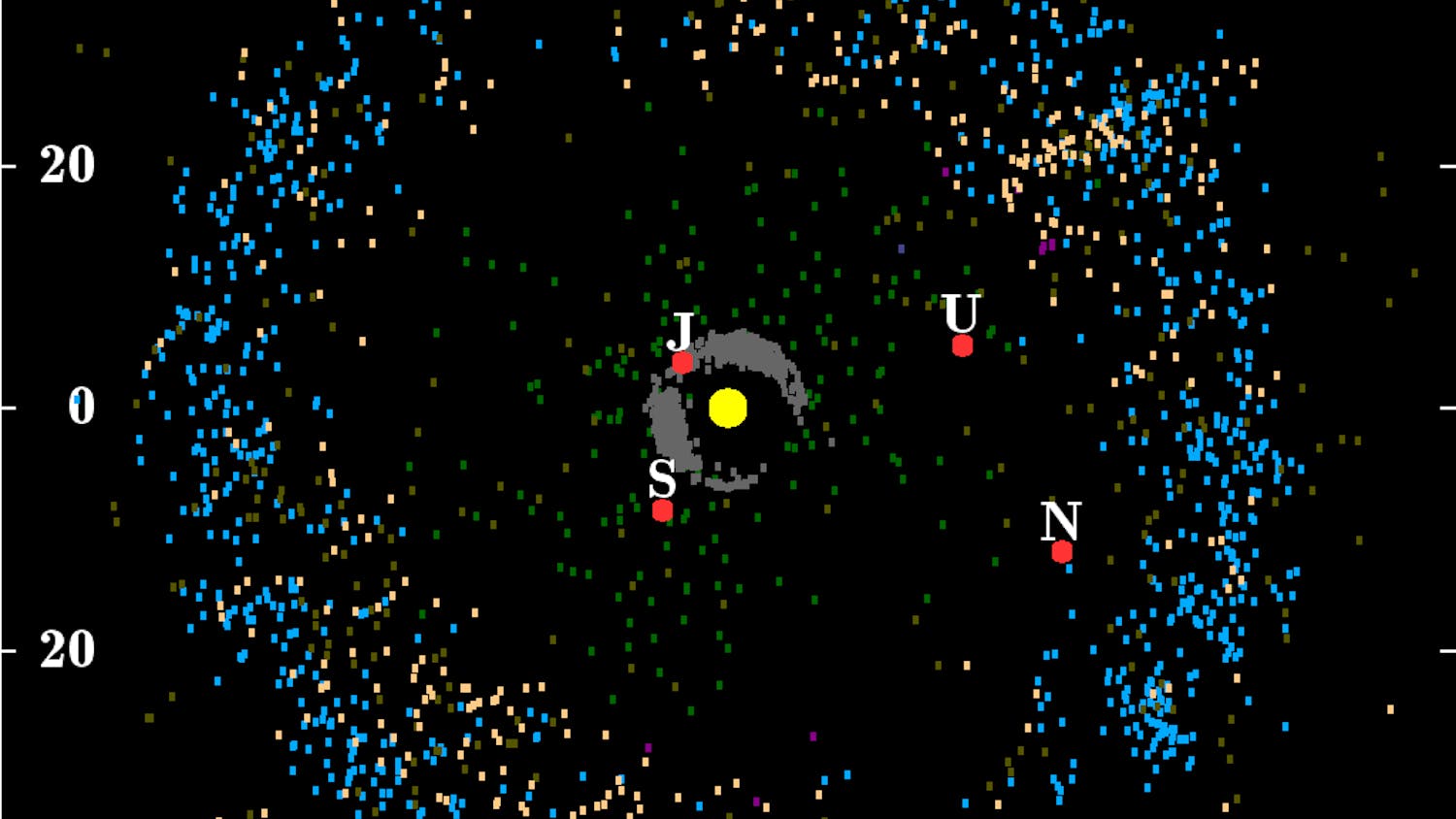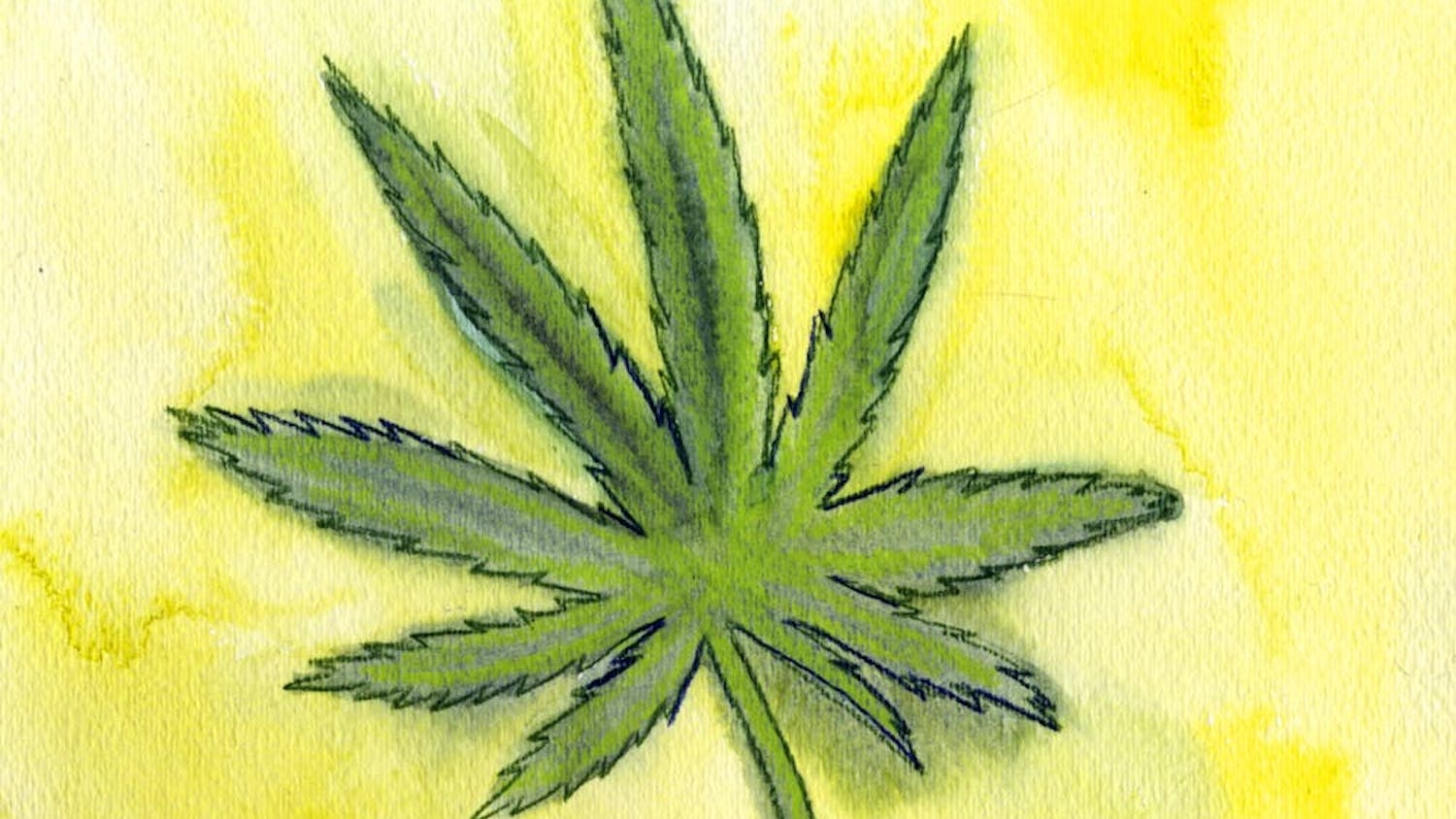The Word of the Year is one that is rarely spoken.
The word “hashtag” — the act of using a pound sign (#) followed by a word or phrase to tag a message on Twitter — was dubbed “Word of the Year 2012” by the American Dialect Society Jan. 4.
The word “hashtag” was created for Twitter in 2007 by compounding the British term for the pound symbol and “tag,” Twitter’s mechanism for categorizing posts. New words are formed from “building blocks that often come from other words, or else they may be common prefixes or suffixes that are attached to some base,” said Ben Zimmer, chair of the New Words Committee of the American Dialect Society.
“As that word became more common, people didn’t think of it as being a compound anymore,” Zimmer said.
The meaning of “hashtag” changed, too — today, the pound symbol itself is even referred to as a hashtag.
Pauline Jacobson, professor of cognitive, linguistic and psychological sciences, referred to the cause of linguistic evolution as the “$64 million” question. Linguists know that languages change when they come in contact with each other and when they are passed down from one generation to the next. New words are constantly being created, based on the speakers’ needs and the new phenomena and technologies around them, Jacobson said. As words develop and spread, they get incorporated into the language — but the process of entering a language is not immediate.
“There is no sharp notion of suddenly it walks into the door and now it’s part of the language,” Jacobson said. Nor is there any guarantee of how long a new word will remain popular. Words that spread very quickly may be just as easily forgotten, Zimmer said.
Younger generations, particularly high school and college students, are key to language changes, including the popularity of new words. Words, like other trends, can “catch on like wildfire across a segment of youth,” said Laura Kertz, assistant professor of cognitive, linguistic and psychological sciences.
For example, the word “cool” originated in 1940s jazz circles and was incorporated into the youth slang of the 1950s. From there, it developed into an “all-purpose positive term,” Zimmer said. How long words remain popular often has to do with whether they are adopted by a group that has prestige, Kertz said. Another determining factor in the pervasiveness of new words is how they sound. “App,” a word with catchy pronunciation, was voted Word of the Year in 2010.
To become Word of the Year, a word or phrase must “say something about the times we’re living in,” Zimmer said. Hashtag reflects the need to use space concisely and effectively in online forums. Changes in language that reflect new ways of communicating online are not necessarily for better or for worse, Kertz said.
“Usually when people talk about language online, they’re concerned about language falling apart, about degradation of language,” Kertz said. But language changes all the time and people control the way they use it, she said, describing the difference between a person’s way of speaking to their parents and their friends as an example of exercising that control.
Zimmer predicts that the future of changes in language will be heavily driven by new technology and novel ways of communicating.
“It’s an exciting time to be observing language and how it develops because there are all these new forms of communication that we can watch and see (language) develop in real time,” Zimmer said.
ADVERTISEMENT




